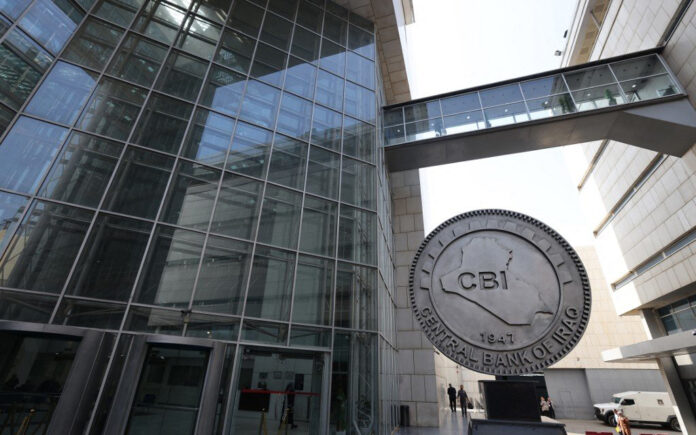Imad Mohammed Ali Abdul Latif – Professor of Financial and Monetary Economics, College of Management and Economics, University of Baghdad
Summary:
–The financial and banking system in Iraq has been significantly affected by political and economic circumstances, including wars and economic disruption, rendering it a traditional and sluggish financial system. This has limited its contribution to the Gross Domestic Product (GDP) to 2% in 2021.
–Iraq needs to increase its banking density from 35,000 individuals to 10,000 individuals.
–Iraq should move away from the dominance of cash over the banking industry. Currently, the Central Bank of Iraq prints Iraqi currency in exchange for oil-generated dollars, tightly linking the financial system to fluctuations in the dollar exchange rate. This highlights the limited role of the banking sector, particularly in forming funds for commercial banks as a means of economic exchange.
–Detailed annual plans should be developed for banks, alongside a banking strategy that includes detailed implementation plans in line with Article 26 of Iraq’s Banking Law.
–Supporting institutions for the banking system, such as deposit insurance companies, insurance companies for large loans, and market risk assessment companies, need to be established.
–There’s a necessity for alignment between monetary and fiscal policies through endorsing supportive plans for banking reform involving the Central Bank of Iraq, the Ministry of Finance, government-owned banks, and private (commercial) banks. This includes working on electronic payment platforms and providing financial incentives for their use, especially among merchants.
–Bureaucratic reforms and continuous review of laws and practices are needed to align banking transactions with global banking trends.
–Policies that discriminate against private banks, such as depositing state funds and public sector company funds exclusively in government-owned banks and limiting the acceptance of certified bonds and guarantee letters from private banks, should be discontinued.
–Iraq needs to expand banking services following economic requirements and needs, in light of local market economy growth trends. Currently, only 20 banking services are provided via banks, whereas Article 27 of the Banking Law allows for more than 50 banking services, which is lower than what neighboring and Arab countries offer.
–Banks should take steps towards electronic banking, including electronic bonds.
–Iraq should increase the credit-to-GDP ratio to reach the level of Middle Eastern countries, which stands at 55%, compared to the current 10%.
–Addressing factors eroding public trust in the banking system, such as financial and administrative corruption and bureaucratic behaviors related to institutional reform, is essential.
–Enhancing the resilience of the banking system in Iraq will attract foreign investments and boost economic growth opportunities in the country.










